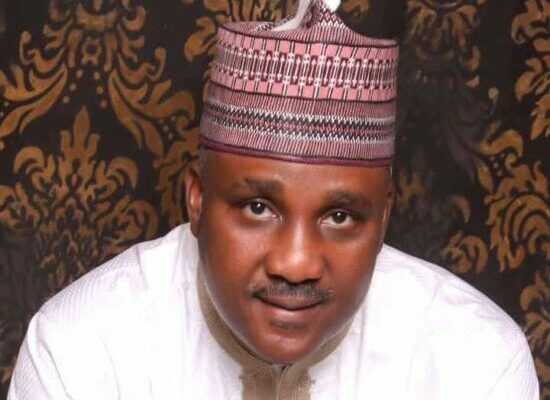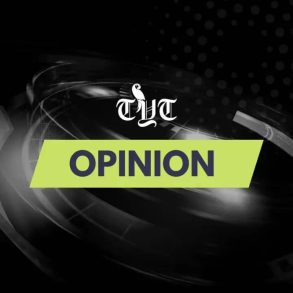The Speaker of the House of Representatives, Hon. Tajudeen Abbas on Monday assured that the kegislative agenda of the 10th House currently being worked out would be fashioned towards the yearnings of Nigerians.
The Speaker who gave the assurance while speaking at a stakeholders’ meeting organized by the House’ Ad Hoc Committee on Legislative Agenda disclosed that the parliament was ready to welcome citizens’ participation in the efforts towards addressing the challenges facing Nigeria as a nation
He pointed out that it was a “critical stakeholders’ meeting” to harness citizens’ input to the legislative agenda of the 10th House.
He said: “Our desire is to have a legislative agenda that meets the yearnings and aspirations of citizens and with which they would use as a benchmark to evaluate and assess our performance after four years. Therefore, today’s meeting should not be seen as the usual talk-shop. Consider it a critical national assignment.
“There is no better way to show that the 10th Houses of Representatives is ready to respond, and urgently too, to the yearnings of those who brought us to the people’s House to do the people’s business.”
He explained that the public engagement was maintaining the resolve of the House, as representatives of the people, to regularly consult citizens in the discharge of the mandate given to the lawmakers.
The Speaker recalled while welcoming members of the House from a short recess on July 4, 2023, that he declared the 10th House as “the House of the People.”
“I equally promised that while it is the duty of the House to develop a legislative agenda for which our constituents will hold us accountable, the House would not hesitate to consult critical stakeholders in developing the agenda to elicit their input and areas of expectations, which is the reason we have gathered here this morning”, Rt Hon Abass said.
He noted that citizens’ engagement was the fulcrum of a representative democracy, saying, “It is only through such engagements that legislators will become, truly, the representatives of the people. To do otherwise, will amount to a democracy without the people,”.
He further added that the Committee on Legislative Agenda, during its assignment, convened the forum to get from citizens, what they consider the most pressing legislative need of the nation, saying, “I urge the stakeholders gathered here, to make the most use of this significant opportunity.”
Speaker Abbas said he expected the conversations to centre around “the critical needs of our people at this time.”
The Speaker also emphasised that the House would pay priority attention to participatory budgeting process and delivery, law reform, electoral reform, women’s participation and inclusion in governance, improved socio-economic conditions, entrepreneurship, employment, health and education, infrastructure, citizens-focused diplomacy, institutional capacity and citizens engagement, constitutional amendment and restructuring, among others.
According to him, “our engagement with citizens will go beyond today’s consultation. The ‘Open NASS’ project of the 10th House of Representatives requires regular consultations with the people as we strive to return the Legislature to those who own it through regular, meaningful, and productive engagements. It equally requires lawmakers to have functional constituency offices for regular interaction with our constituents.”
He commended the Policy and Legal Advocacy Centre (PLAC) and the United Kingdom Foreign, Commonwealth and Development Office (FCDO) for their support to the National Assembly over the years, especially for backing the House on the Legislative Agenda.
Speaking earlier, the Majority Leader of the House and Chairman of Ad Hoc Committee on Legislative Agenda, Prof. Julius Ihonvbere, had noted that the event marked “a pivotal moment in our nation’s history as we receive input to build a comprehensive blueprint to drive progress, prosperity, and inclusivity across our great nation.”
He said the vision of the House for Nigeria was one of a prosperous and vibrant nation where every citizen could achieve his or her full potential.
According to him, “we envision a Nigeria where the economy is robust and diversified, infrastructure is world-class, education is transformative, healthcare is accessible to all, and governance is transparent and accountable. This vision transcends partisan lines, and it is the collective aspiration of every Nigerian,” he said.
The chairman listed the five key pillars of the Legislative Agenda to include economic empowerment and diversification; infrastructure development; education and human capital development; healthcare for all; transparent governance and accountability; and economic empowerment and diversification.
“As representatives of the people, we are entrusted with the enormous responsibility of shaping the trajectory of our country’s development.
“The Legislative Agenda is a culmination of tireless efforts, broad consultations, and dedicated research aimed at addressing the critical challenges facing our nation while seizing the abundant opportunities that lie ahead”, he said.






